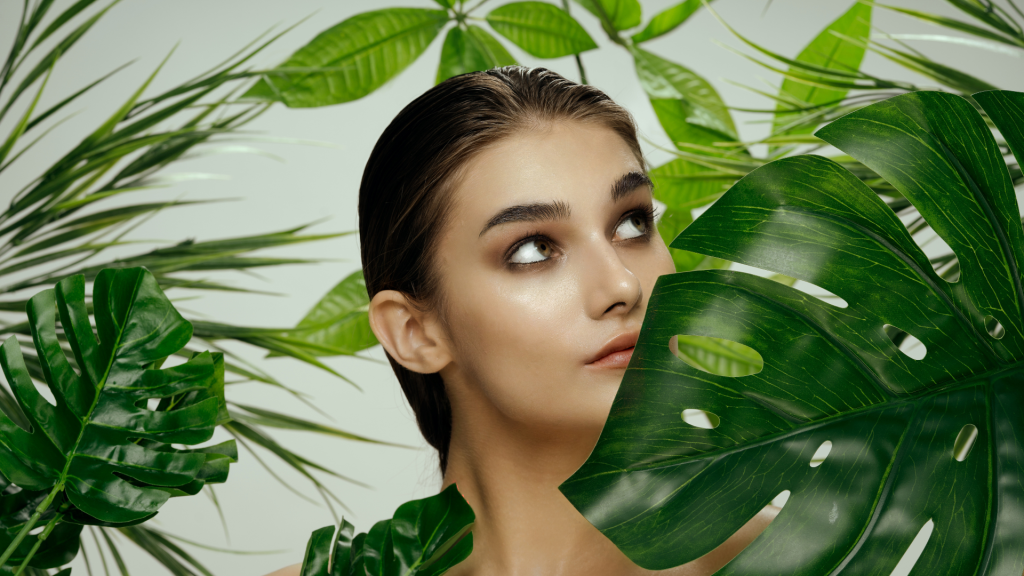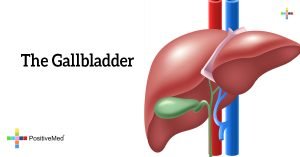
It’s a common scenario: the high school reunion where, despite everyone graduating at the same age (except for that one friend who took a little longer), some appear ready to retire while others seem perpetually youthful. What’s the secret behind this difference?
Recent research suggests that individual aging is influenced significantly by various factors. Genetics contribute to around 20% of the aging process, while the remaining 80% is under our control through lifestyle choices like diet, exercise, and hormonal balance. This discovery is a beacon of hope for those determined to defy the relentless march of time and maintain a youthful appearance.
Let’s delve into some key hormones that play a role in aging:
1. Insulin: This hormone, primarily responsible for regulating blood sugar, also influences the skin’s aging process. Diets high in sugary foods like juices, pastries, and processed grains can accelerate skin aging.
2. Cortisol: While cortisol helps the body combat stress and reduce inflammation, excessive levels can have detrimental effects. Too much cortisol can lead to thin, dull skin and premature sagging.
3. Estrogen: Estrogen is essential for maintaining firm and elastic skin, particularly in women. As estrogen levels decrease, typically in a woman’s 40s, the skin may lose its youthful qualities due, in part, to an increase in androgens like testosterone. Hormone replacement therapy with estrogen may help counter this effect.
4. Testosterone: The primary male hormone, testosterone, aids in keeping the skin moisturized. However, an excess can lead to acne, while a deficiency can result in dry skin. As men enter their 30s, testosterone levels start to decline, potentially leading to skin dryness and, in extreme cases, wrinkles and fine lines.
So, what foods can you incorporate into your diet to slow down the aging process?
1. Oats: These complex carbohydrates have a low glycemic index, preventing rapid spikes in blood sugar and insulin levels. They provide a feeling of fullness without negatively impacting your skin.
2. Oranges: Loaded with vitamin C, oranges play a vital role in maintaining plump, healthy skin. Their high water content also helps keep you hydrated.
3. Flaxseeds and Walnuts: Instead of salmon, turn to flaxseeds and walnuts. They are rich sources of plant-based omega-3 fatty acids, which promote skin health and moisture retention.
4. Legumes and Nuts: Collagen production is crucial for healthy skin, and you can obtain the necessary proteins from plant-based sources. Legumes like lentils and chickpeas are excellent choices. Additionally, nuts not only provide protein but also contain vitamin E, protecting your cells from damage and supporting bone health.





